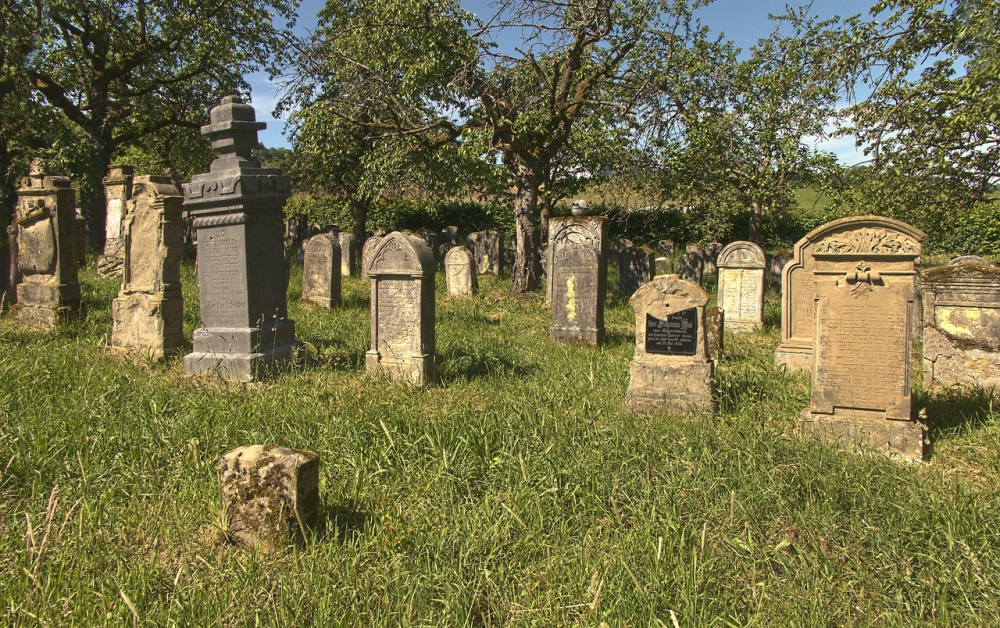 I remember when I celebrated the thirty-ninth anniversary of my thirty-ninth birthday—do the math. I grew up in the coalfields of western Pennsylvania. My best friend in high school passed away over twenty years ago.
I remember when I celebrated the thirty-ninth anniversary of my thirty-ninth birthday—do the math. I grew up in the coalfields of western Pennsylvania. My best friend in high school passed away over twenty years ago.
When I return to the area, I always visit his grave before leaving town. After he first passed, I saw the graves of people three or four years older than us. As time passed, I started noticing the graves of people my age. With the further passage of time, I saw the graves of people several years younger than me. Then one day I walked past the graves of George and Tilter. They were the Tilter twins from my graduating class. It hit me—this thing called life was winding down.
As I drove home, I experienced some nostalgia and a bit of sadness about leaving family and friends. But there was something else. I felt a peaceful yearning arise in my heart. At first, I couldn’t identify it, but I soon realized it as a desire to go to my heavenly home. Granted, it was a low-grade desire—I am not in any big hurry to get there.
We all want to go to heaven, but no one wants to die. Yet this yearning can be explained biblically by the fact that God has planted eternity in our hearts (Ecclesiastes 3:11). When it comes to our time to go and be with Christ, those who have, by faith, lived well will die well. Our resurrection is directly related to Christ’s resurrection.
God places the yearning in our hearts. This is why we will never be totally satisfied in this earthly abode. Some have said we can be so heavenly-minded that we are no earthly good. We can also be so earthly-minded that we have no heavenly vision.
Be strong in the faith until Christ’s return. Keep your eye on the prize and listen for that trumpet sound when we meet Him in the air.















Ken Barnes has had a twenty-five year career in educational pursuits. He has taught in various public and private schools in Pennsylvania, Hawaii, and Virginia. He also worked for seventeen years with Youth With A Mission as a school leader, recruiter, and director. Ken holds a Master of Education in Curriculum and Instruction from Virginia Commonwealth University. He is the author of The Chicken Farm and Other Sacred Places. He currently is a speaker, blogger, and freelance writer. Ken lives with his wife Sharon in Mechanicsville, Virginia. Visit Ken at https://sites.google.com/site/kenbarnesbooksite/